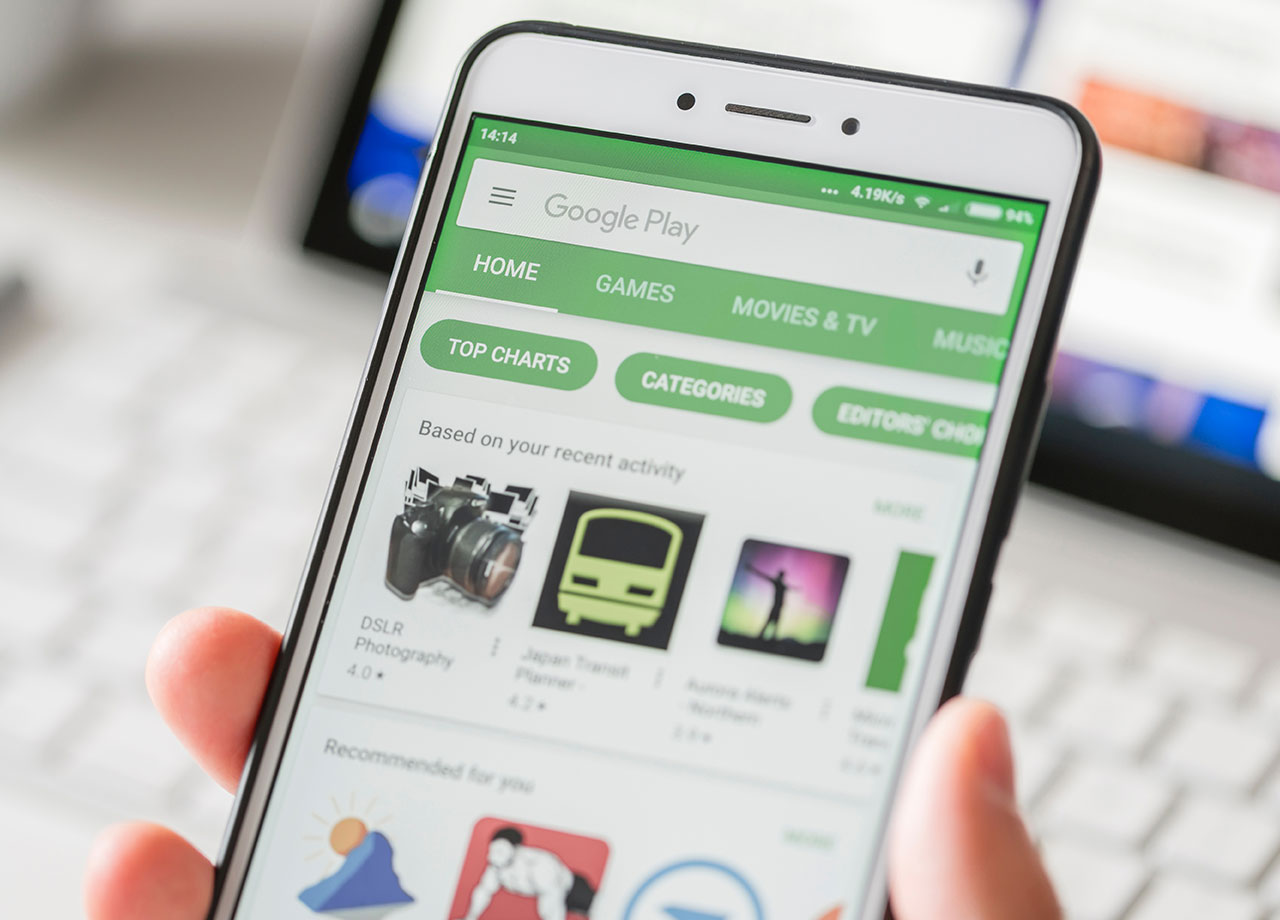
1. Free Apps
Free apps are never actually free. Instead, they profit from user data in ways that can include selling your information to third-party advertisers. Be aware of apps request permissions from you to use your camera, contacts, microphone, or location. Apps that display ads from ad networks could also be using tracking technology like cookies to monitor your activity as you visit different websites. And if any free app beckons you to enter your personal information with the promise of winning a sweepstake or prize, be very, very careful about providing it with more information.
2. Adware Apps
Downloading apps from third-party websites or third-party app stores that are not affiliated with Google Play can sometimes lead to mistakes like downloading adware apps. These apps’ primary purpose is to deliver you targeted ads that you’re more likely to click on. How does it target ads to users? You guessed it: by siphoning from your data. These apps can be a big privacy concern, especially when they aren’t transparent about how they use your data. Be cautious and only download apps from Google Play.
3. Fake Antivirus Apps
Never download an app that calls itself an antivirus app unless you’re on a credible store platform like Google Play and have vetted the app and made sure it has numerous reviews and ratings. Fake antivirus apps will request permission to access your data and ask for personal information. They can even install harmful malware and ransomware on your phone.
4. VPN Apps
Some VPN apps, and especially free ones, may take your data and monetize it from third-party advertisers. They can collect and store all of the personal information that you provide them, including your browsing habits and your actual IP address (which defeats the entire purpose of downloading a VPN in the first place).
A quality VPN provider should have a number of reviews and positive ratings. And, sorry to be the bearer of bad news, but it will also likely charge you a fee for its services.


